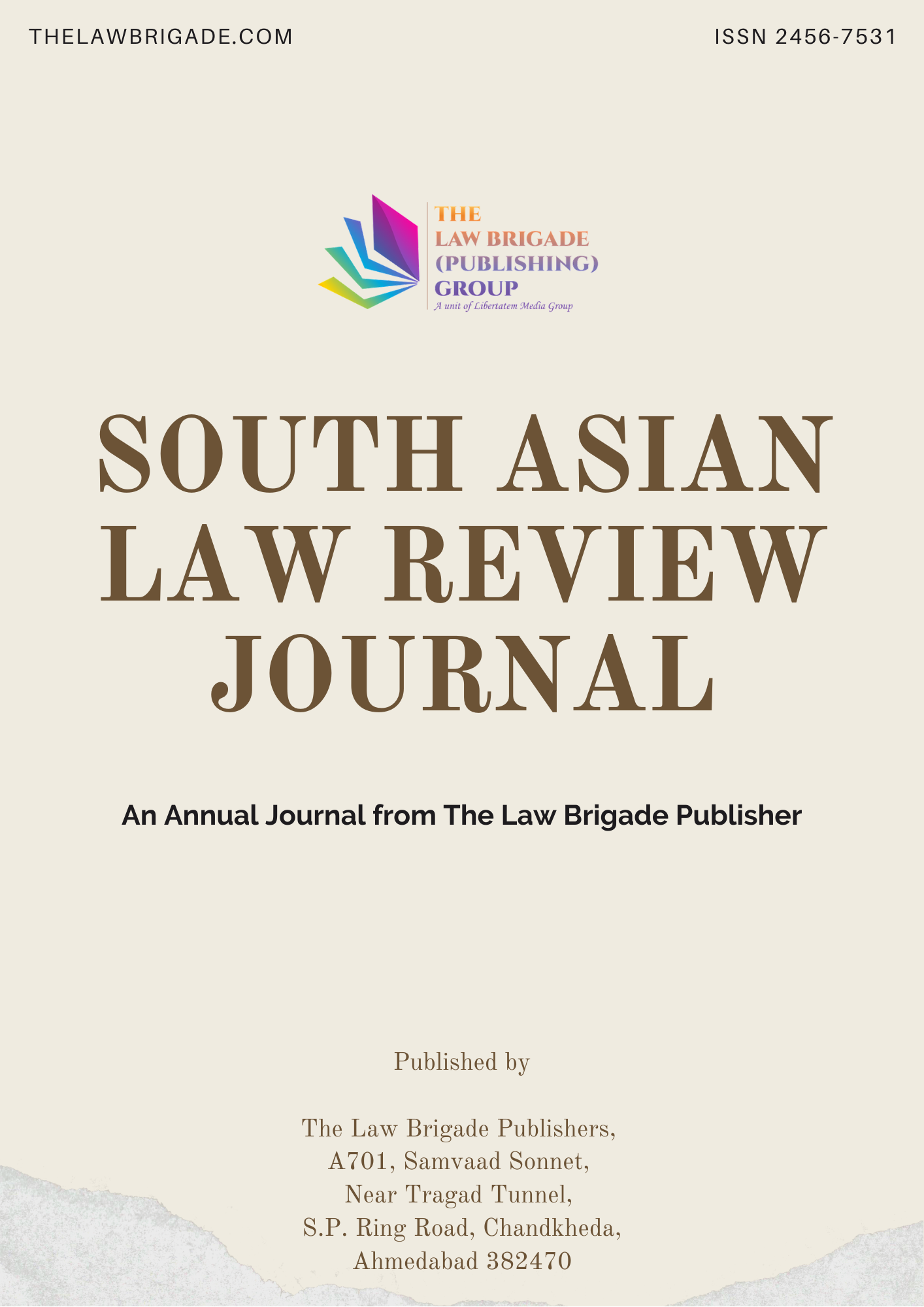As Amy Coney Barrett’s Senate confirmation hearings aired on CNN a few years ago, it was difficult to decide whether to pity the Americans for the political quagmire that their judicial appointments have become or to admire them for the bold, democratic and transparent fashion in which they conduct the process to nominate individuals to serve in the highest court of the land. An independent judiciary is the crucible in which foundations of a free, democratic, and just society are forged. The drafters of the Indian Constitution were acutely conscious of this and devoted considerable time and thought to the matter. Several ideas were floated. The Sapru Committee proposed that judges should be appointed by the head of the state in consultation with the Chief Justice of the Supreme Court or High Court concerned.[i] The Ad Hoc Committee of the Union Constitution, aiming to limit the President’s discretion, suggested two methods.[ii] One suggestion was that the President could nominate a judge, after consultation with the Chief Justice, and the nomination will have to be confirmed by a panel comprising of law officers of the Union, Members of Parliament and Chief Justices of High Court.[iii] The second suggestion stated that three persons (one of whom was appointed by the President in consultation with the Chief Justice) could make recommendations and then the procedure stated previously shall follow.[iv]
[i] Granville Austin, The Indian Constitution: Cornerstone of a Nation (Oxford Clarendon Press, 1966) p 176.
[ii] Harsh Gagrani, ‘Appointment or Disappointment: Problem and Perspective to the Appointment of Judges in the Indian Judiciary’ (2010) NLIU LR 43, 44.
[iii] ibid.
[iv] ibid.





